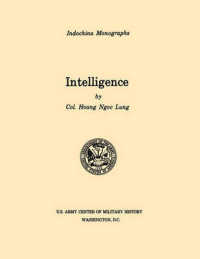- ホーム
- > 洋書
- > 英文書
- > Psychology
Full Description
In this book, Antonio Imbasciati criticises the isolationism of traditional psychoanalytic associations, compared to those of other branches of psychology, and their suspicion of neuroscience. Today, affective neuroscience is investigating the unconscious affects, which psychoanalysis has always done with different methods and a different language. The author points out how Freud's energy-drive theory, although contradicted by scientific progress, has continued to characterise, a religiousness underpinning the spirit of psychoanalytic institutions: the icon of Freud. This spirit is accompanied by confusion between different psychoanalytic theories which are often incompatible with one another. The author blames the poor social image that psychoanalysis has earned in the past few years on this confusion of theories and haughty withdrawal into a single presumed orthodoxy. A former President of the IPA, Otto Kernberg, has even predicted the suicide of psychoanalytic institutions.The author has addressed this chaos of theories throughout his life, integrating work on psychoanalysis, experimental psychology, developmental psychology, cognitive science, attachment theory and now neuroscience. In this context, he has developed a new metapsychology, which differs from the one conceived by Freud a century ago with the explanation of the functioning of the human mind in terms of drive. Although criticised for more than fifty years, the Freudian explanation is still considered by the institution as a fundamental competence of psychoanalysts, even though it contrasts with the development of clinical psychoanalysis. The author underlines the great difference between the clinical progress of psychoanalysis and the backwardness, vagueness, and confusion surrounding the theory.A new theory on the origins and functioning of the mind is outlined, which can also be assimilated with our current knowledge of neuroscience. This provides a different concept of the unconscious: neural mnestic structures and mnestic trace - the 'engramme' as the author calls it - instead of drive. This book is intended for all those who are interested in how the human mind works: psychotherapists, psychoanalysts, psychologists, psychology students, mental health operators, psychiatrists, social workers, and researchers in neuroscience.
Contents
Introduction , Psychoanalysis and psychology , Cognitive sciences, psychoanalysis, neuroscience , The origins of the mind: prejudices, ideologies, and science , Neuropsychic development and the relational formation of the mind , Transgenerationality and Perinatal Clinical Psychology , A new metapsychology congruent with neuroscience , The Institution: doctrine and ideology








